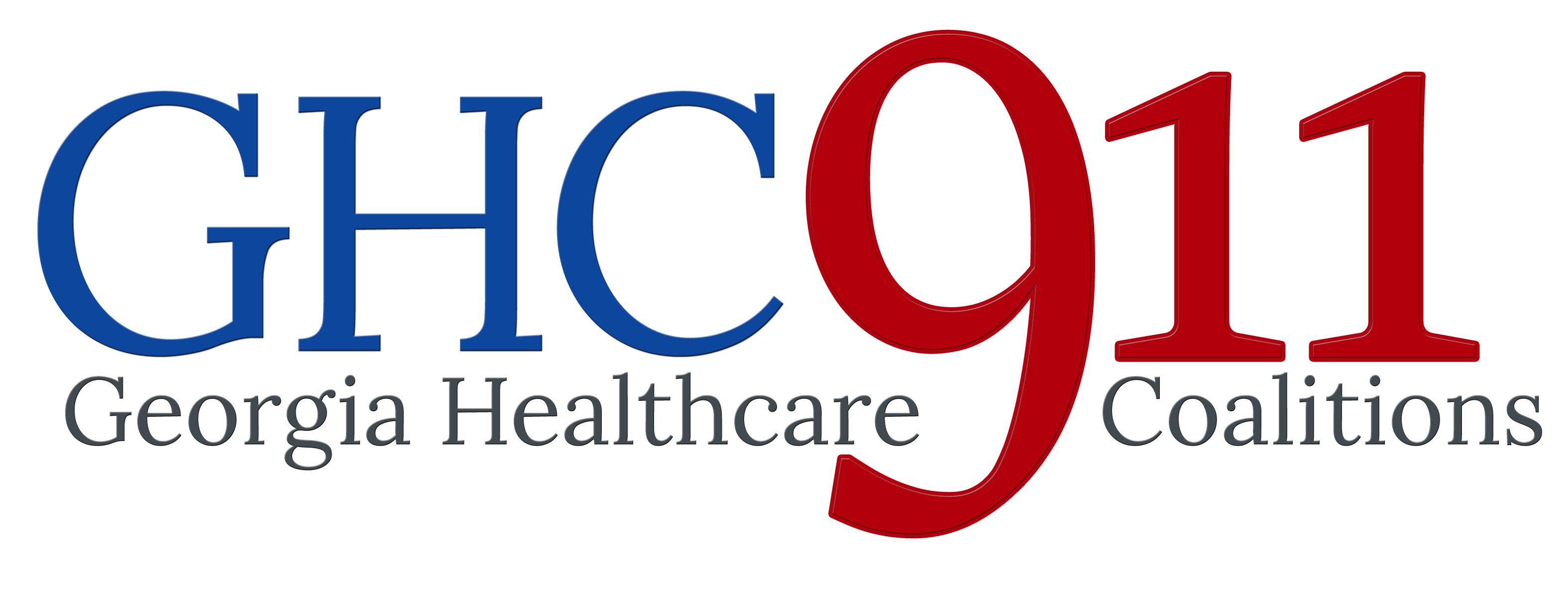Hurricane Resources and Information
2025 Atlantic Hurricane Season Outlook
Hurricane Response Hub Website
Disaster Epidemiology Work Group
This group will focus on projects related to epidemiology training and tabletop exercise guidance; post-event needs assessment; exposure-response and investigation; and integration of data sources into dashboard for disaster response.
Incident Management Work Group
This group will focus on projects related to the management of hurricane incidents, including the development of statewide capabilities and capacities tools and maps, as well as trainings about patient hand-off and receiving processes, and the Incident Management Team support processes.
Strategic Communications Work Group
This group will focus on projects related to crisis and emergency risk communications and web-based emergency operations centers.
Surge Management Work Group
This group will focus on projects related to shelter operations, patient tracking and evacuation protocol.
Resilience Work Group
This group will focus on projects related to toolkits for shelters and strike team training.
Georgia Hurricane Response Hub – Building and Deploying a Power Toolkit

